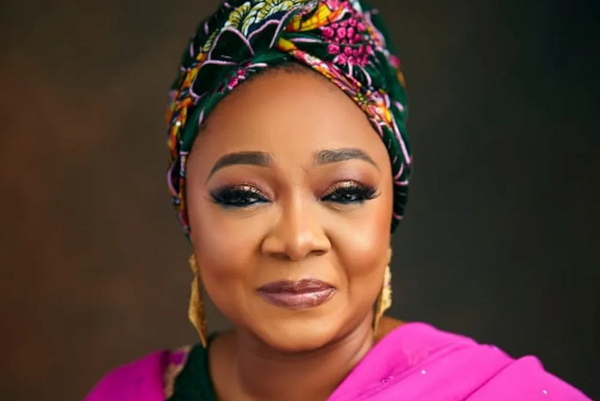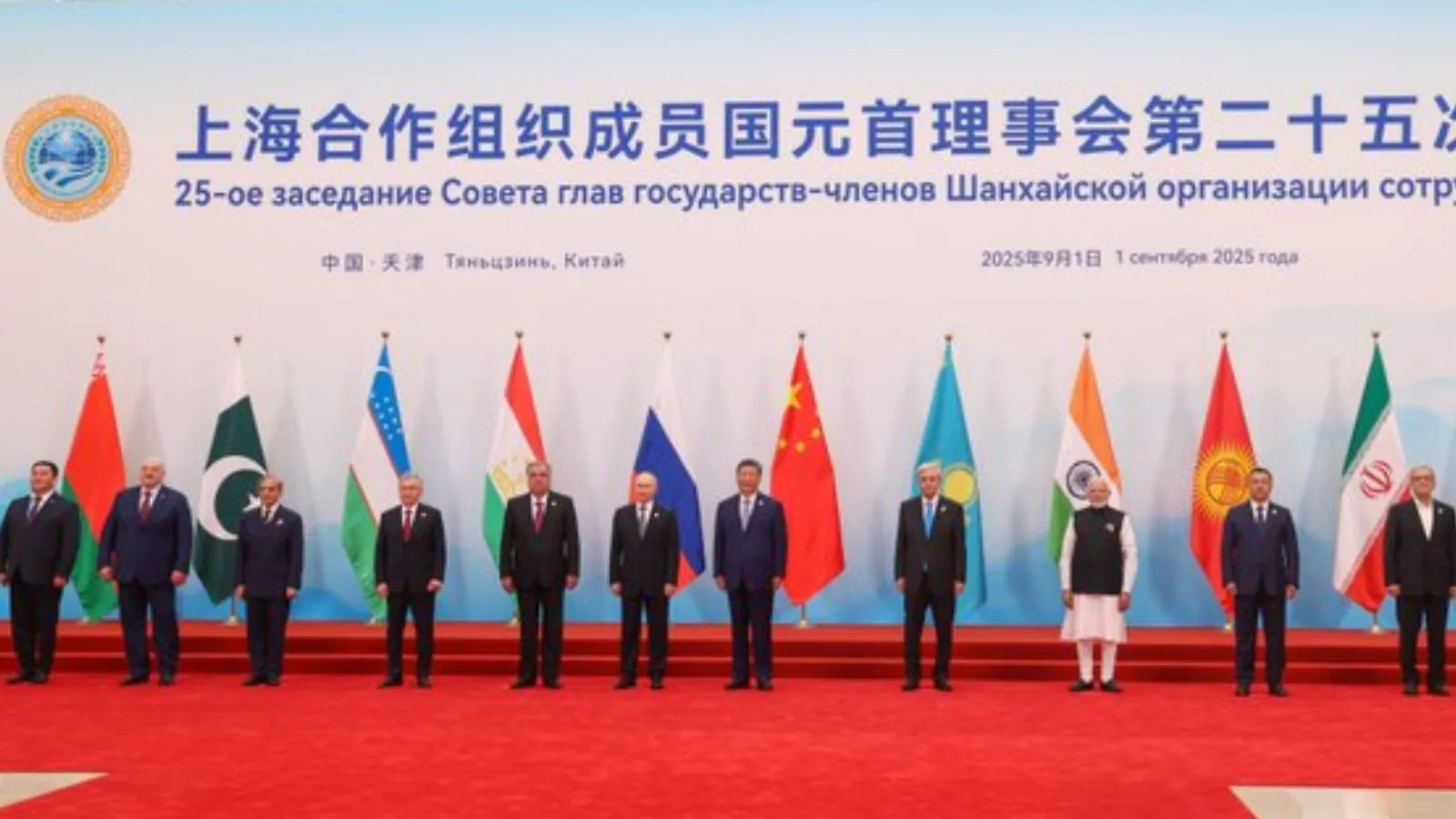By Our Reporter,The Nation
Copyright thenationonlineng

By Kenneth Nonso Igwe
In the dynamic landscape of Nigerian politics, few figures have demonstrated the resilience and visionary leadership of Imaan Sulaiman-Ibrahim, the current Minister of Women Affairs.
Despite recent protests by a segment of ministry staff, a deeper look at her career reveals a pattern of dedication and effectiveness that continues to earn her widespread support.
The protests, which included allegations of neglect and inaccessibility, seem to clash with the broader narrative of a leader known for her results-driven approach and unwavering commitment to public service.
Imaan’s journey in public service is marked by a series of groundbreaking achievements. Before her current role, she served as the Federal Commissioner and Chief Executive Officer of the National Commission for Refugees, Migrants, and Internally Displaced Persons (NCFRMI), where she worked tirelessly to protect some of Nigeria’s most vulnerable populations.
READ ALSO: Five fun ways to spark children’s love for reading
Her tenure as the Director-General of the National Agency for the Prohibition of Trafficking in Persons (NAPTIP) further showcased her ability to tackle complex challenges with empathy and strategic precision.
Notably, she was also the first female Minister of State for Police Affairs, a role in which she brought innovation and renewed vigour to police reform and gender inclusion in security governance.
These roles underscore her capacity to deliver on mandates and drive tangible change, making the recent criticisms appear inconsistent with her established record. Indeed, her appointment as Minister of Women Affairs stands as a testament to President Bola Ahmed Tinubu’s unwavering commitment to his Renewed Hope Agenda.
Her leadership embodies the very essence of this visionary blueprint, translating its principles of economic growth, social empowerment, and institutional reform into tangible actions that directly impact the lives of millions.
Central to Imaan’s philosophy is her dedication to actualizing President Bola Tinubu’s Renewed Hope Agenda. Her focus on women’s empowerment, child protection, and social justice aligns perfectly with the administration’s goals.
Under her leadership, the Ministry of Women Affairs has launched initiatives like the Nigeria for Women Scale-Up Project, which aims to provide financial literacy, business development training, and cooperative support to 4.5 million women across the country.
She has also been a vocal advocate for legislative reforms, such as the Special Seats Bill for Women, to ensure stronger female representation in governance.
Additionally, her efforts to strengthen child protection laws and promote gender-responsive climate action highlight her holistic approach to development.
These programs are not just policy documents but lifelines for millions of Nigerian women and children, offering them opportunities for growth and security. Her multifaceted achievements across security, humanitarian affairs, and women’s empowerment are a validation of the President’s discerning appointment strategy and the overarching goals of the Renewed Hope Agenda.
The recent protests at the ministry headquarters in Abuja, where some workers expressed grievances over welfare issues, must be viewed within a broader context.
While the staff’s concerns are valid and deserve attention, it is important to recognize that Imaan’s role as a minister is primarily political and policy-focused.
As she herself noted, administrative duties such as welfare and training largely fall under the purview of the Permanent Secretary and directors. This is not to dismiss the staff’s frustrations but to emphasize the structural limitations within which she operates.
Moreover, Imaan has acknowledged these concerns and expressed her commitment to addressing them creatively. Her response to the protests—calm, diplomatic, and focused on dialogue—reflects her maturity as a leader.
She even remarked that the incident had inadvertently raised her profile, noting, “People who didn’t know me now know me”. This perspective underscores her understanding of the political landscape and her ability to turn challenges into opportunities.
The backlash against Imaan appears to be part of a larger pattern of resistance against strong female leaders. In a press briefing, she highlighted the coordinated efforts to undermine her leadership, stating, “There’s an attack on the Ministry of Women Affairs and on female politicians, and they are trying to use the staff against the ministry”.
This sentiment resonates with many who see the protests as motivated by factors beyond genuine grievances. Critics, including political detractors and those wary of her rising influence, have sought to tarnish her reputation. Yet, these efforts have largely failed, thanks to the overwhelming support she has received from stakeholders across the country.
Human rights activists, civil society organizations, and ordinary citizens have rallied behind her, describing the protests as an “affront to constituted authority”. This groundswell of support is a testament to the goodwill she has earned through years of dedicated service.
Imaan’s impact extends beyond the federal level to her home state of Nasarawa, where she has implemented numerous empowerment initiatives. During President Tinubu’s recent visit to commission projects executed by Governor Abdullahi Sule, Imaan was singled out for commendation.
As part of the event, she distributed grinding and sewing machines to over 500 women, helping them achieve self-sufficiency amid economic hardships. She also organized the Renewed Hope Year-End Intervention for Vulnerable Women and Families, providing essential items like rice, pasta, cooking oil, and tomato paste to hundreds of people in Akwanga, Kokona, and Keffi Local Government Areas.
These efforts reflect her deep understanding of grassroots needs and her ability to translate policy into practical solutions. For many in Nasarawa, Imaan is not just a minister but a beacon of hope whose work has directly improved their lives.
What sets Imaan apart is her resilience and unflinching resolve in the face of adversity. She has faced challenges before, from her time at NAPTIP to her role as Police Affairs Minister, and each time, she has emerged stronger and more determined.
Her response to the current protests is no different. Instead of resorting to confrontation, she has chosen dialogue and collaboration, urging staff to focus on the bigger picture of women’s struggle in governance.
She reminds them that the Ministry of Women Affairs is the “conscience of the country,” with a responsibility to protect women, children, and vulnerable groups. This vision-driven leadership style, combined with her empathy and strategic thinking, has earned her the respect of colleagues and stakeholders alike.
After all said and done, the protests against Imaan Sulaiman-Ibrahim are up against a tall wall—a wall built on a foundation of proven performance, widespread popularity, and unwavering political support.
President Tinubu’s public endorsement of her, including his birthday message where he praised her as a “reform-minded and results-driven public servant,” reinforces her position.
Her ability to champion policies that resonate with ordinary Nigerians, from financial literacy programs for women to clean energy initiatives, demonstrates her commitment to nation-building.
While the protests highlight legitimate administrative issues that need addressing, they do not define her leadership. Instead, they have inadvertently shone a light on her strengths: her resilience, her dedication, and her ability to turn challenges into opportunities.
As Nigeria continues to navigate complex social and economic challenges, leaders like Imaan Sulaiman-Ibrahim are indispensable. Her work is a reminder that true leadership is not about avoiding conflicts but about navigating them with grace, empathy, and an unwavering focus on the greater good.
• Igwe, a public affairs analyst writes from Abuja



